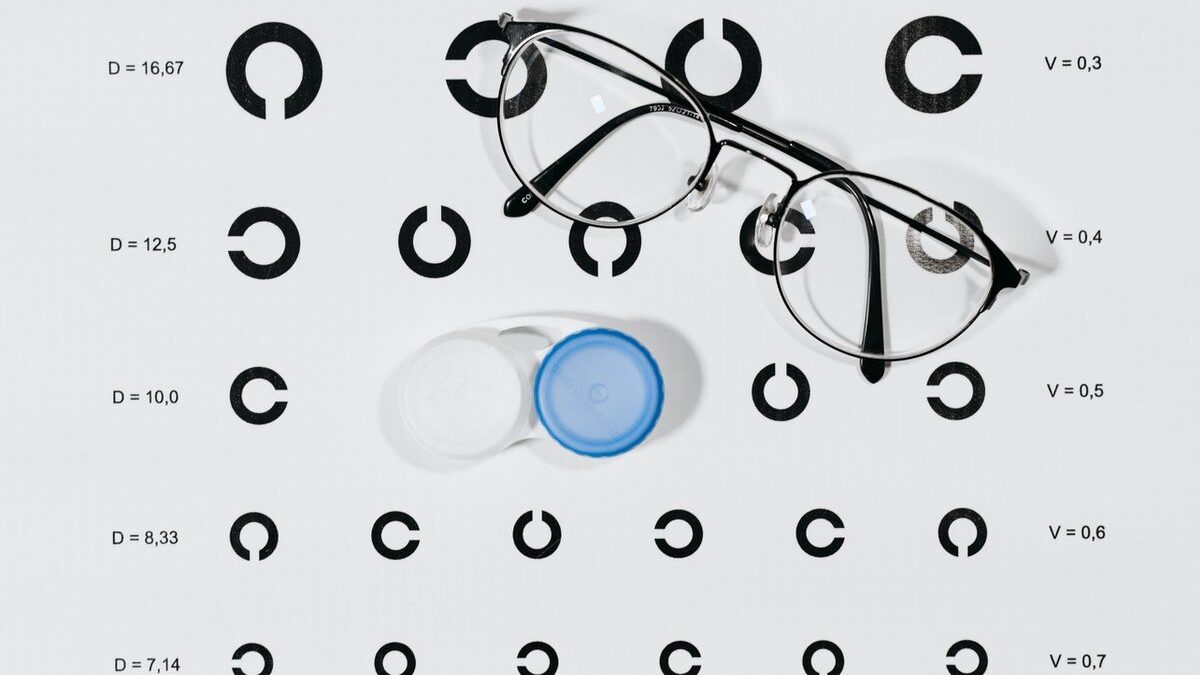Take a minute and close your eyes. Now, get up and start moving around. We bet you would take minutes, if not seconds, to tumble over. Why? Because surviving without our eyes is a challenging task. It is a feat when people who cannot see properly learn to maneuver through support aids. These pair of eyes are a blessing and a miracle of nature. Moreover, scientists have discovered that our eyes have a resolution of 576-megapixels when they are moving around. Mind-blowing, to say the least.
However, just like every other part of our body, our eyes may also suffer through certain medical conditions. These are often curable yet, in severe cases, become a life-long condition. Nevertheless, thanks to rapid scientific developments, there is a cure to many of the health issues we face now.
Our eyesight is a critical function without which survival is difficult. It is why individuals should take care of this vital organ and reach out for treatment as soon as they sense an issue. Here we have a list of some common eye problems and how you can deal with them:
Table of Contents
Cataracts:
Cataracts are one of the most common eye problems affecting people. Each of our eyes comprises a lens. This lens lets light pass through, which falls over the retina, and this process helps us see. In a cataract, cloud type formations obscure the lens that prevents light from passing through. As a result, people suffering from cataracts cannot see and would with proper eyesight. The formation of a cataract is a slow process and does not happen overnight. Symptoms start appearing gradually, such as weakened vision, having trouble seeing at night, etc.
Even though initially cataracts are handled through prescription glasses, brighter lights, or antiglare glasses, this may not be the case in severe cases. If the cataract aggravates, surgery may be the only option for treatment.
Double Eyelid:
Often the problems we face with our eyes are not just related to the eyesight. Sometimes they are superficial and link to the outside of the eyes, such as a double eyelid issue. However, having a double eyelid may more often relate to a cosmetic problem than a medical concern, even though that is always not the case. At times, double eyelids can cause an underlying medical condition such as Ptosis, Bell’s Palsy, etc.
The more common cause of a double eyelid is uneven fat distribution. It worsens as individuals age and is not much of a concern unless too prominent. If you feel you need to treat it, you can get a cosmetic treatment such as blepharoplasty.
Glaucoma:
Glaucoma is an inherited disease and often starts showing symptoms later in life. It occurs because of an increased build-up of pressure in the eye, named intraocular pressure. This exceeding pressure causes trauma to the optic nerve. The optic nerve inside the eye is responsible for transmitting images to the brain. If the pressure is consistent, glaucoma can even result in permanent loss of eyesight. Since it has no exact symptoms, individuals must get routine checkups to rule out any hidden signs of glaucoma. Once diagnosed, glaucoma is commonly treated with lasers, surgery, or medicated eye-drops.
Diabetic Retinopathy:
Often people suffering from either Type 1 or Type 2 diabetes end up getting diagnosed with diabetic retinopathy. It results in damage to the retina of the eye. The retina has light-sensitive tissues, which have many tiny blood vessels spread all over. This eye condition causes damage to these blood vessels, resulting in loss of vision, blurry or fluctuating eyesight, dark spots through your vision, etc.
However, the symptoms are only visible once the condition aggravates. Only if the retina is not damaged, laser treatments may come helpful as a treatment. In the early stages, vitrectomy may assist in curing diabetic retinopathy.
Dry Eyes Syndrome:
The tear glands in our eyes have a function. They produce tears to keep our eyes lubricated. Without these, our eyes will be super dry, and we will suffer from dry eye syndrome. It is a reasonably common issue, and the symptoms include eye redness itching or burning, sensitivity to light, etc.
Since it is not a severe problem, several treatments are available, the most straightforward being OTC medications. You can also get prescription medicines or look over lifestyle changes to cure your dry eyes. An optometrist can guide you regarding how to manage your symptoms.
Macular Degeneration:
Our eyes have a vital portion known as the macula. It focuses on the eye’s central vision and helps to view objects in detail, recognizing objects, driving a car, etc. Macular degeneration is the most common form of eye problem in the U.S.
There are no severe symptoms in the initial phases of the diagnosis. However, in the later stages, the sufferer may experience issues with seeing in low light, partial vision loss, blurred vision, etc. Unfortunately, macular degeneration is an incurable problem, and dietary supplements or prescription medicines can only curtail the symptoms.
Conclusion:
Our eyes play a vital role in letting us see around our world. Lack of proper eyesight can severely affect our regular functioning. To keep your eyes healthy, it would help if you got your eyes routinely checked. Also, when there are signs of depleting vision, you should seek an optometrist’s opinion immediately. In case you suffer from any of the symptoms mentioned above, you must seek expert help without any delay.

